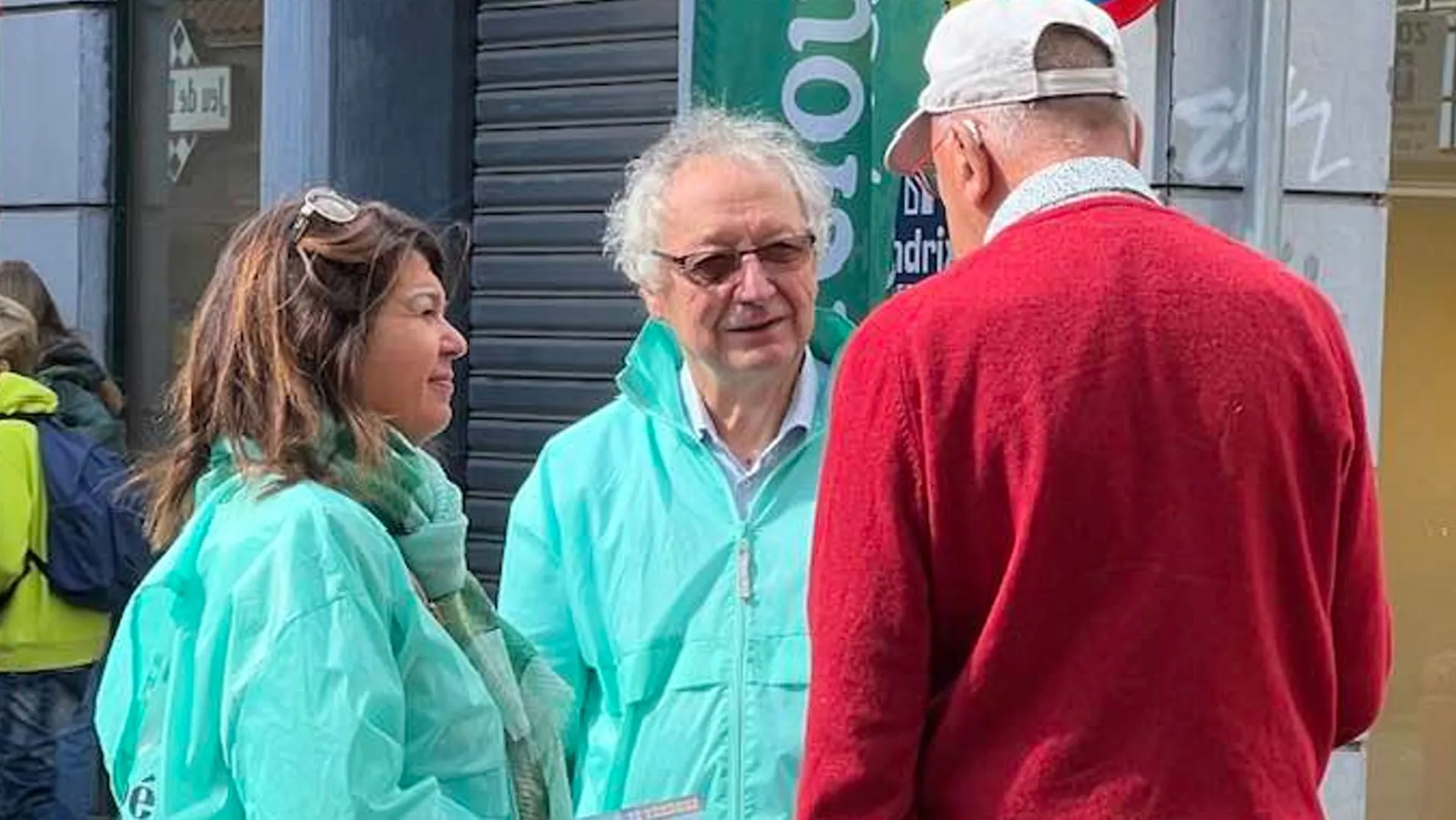Wavre's Historic Elections Result in a New Coalition

The recent Wavre elections have resulted in a groundbreaking coalition agreement between Engagés, PS, and Ecolo, effectively sidelining the MR, who had enjoyed uninterrupted rule since 1977.
Despite coming in first place on election night, the MR lost four seats compared to 2018, receiving just three votes more than the Engagés. Both lists secured an identical number of seats, with each holding twelve.
Various scenarios were explored to form a new majority. However, Engagés, PS, and Ecolo have begun negotiations to establish a progressive coalition inspired by the 'olive tree' concept. A pact has been signed and approved by the local authorities of the three parties.
Benoît Thoreau (Engagés), the future mayor, expressed enthusiasm about the coalition, stating that many constituents relied on them for change. Benoît Raucent, the lead candidate for Engagés, echoed this sentiment by stating that there is a clear desire for change in Wavre, Bierges, and Limal.
The upcoming communal college will comprise five Engagés officials, including Mayor Benoît Thoreau, two socialists, and one member of Ecolo. Meanwhile, the MR is attempting to thwart this new majority formation.
Mayor Anne Masson reacted with astonishment to the announcement of the 'counter-agreement' without clarifying its meaning, noting her party received the highest preference votes across all lists. She criticized the Engagés for opting for a leftist coalition, arguing that it disregards Wavre’s democratic choices. Furthermore, the ongoing agreement between MR and Engagés for provincial leadership over the next six years is cited as a commitment that involves loyalty to Wavre.
This article was prepared using information from open sources in accordance with the principles of Ethical Policy. The editorial team is not responsible for absolute accuracy, as it relies on data from the sources referenced.